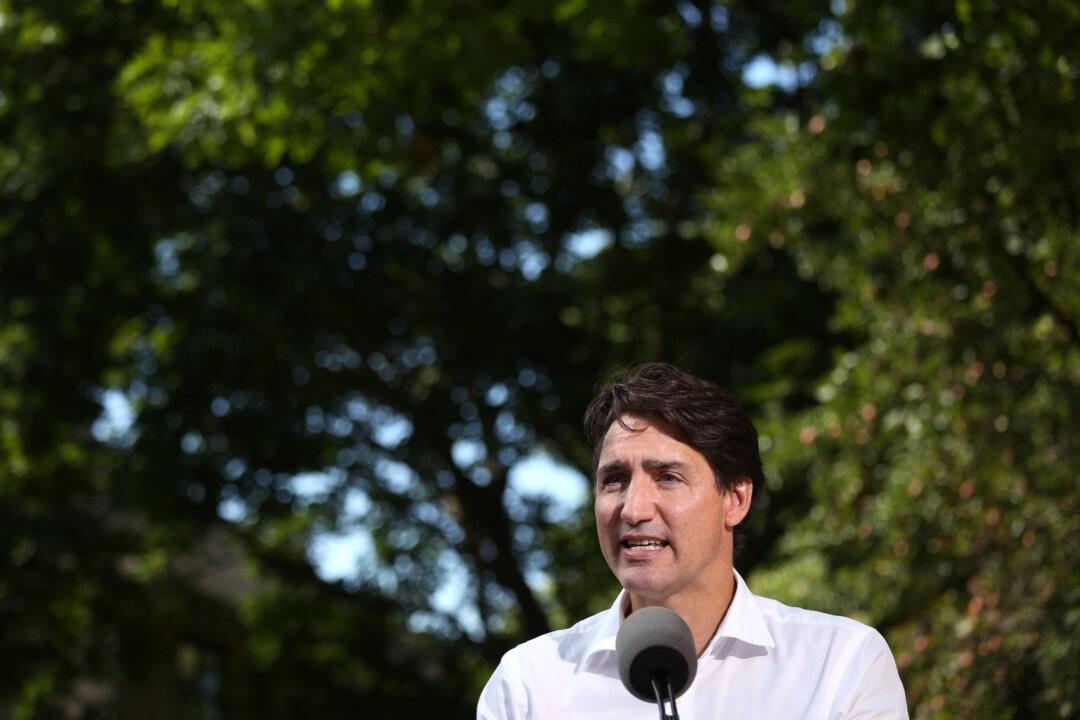Canadian Prime Minister Justin Trudeau has said that “what we learned from this COVID crisis” will be applied to climate change, sparking fears from some of future “climate lockdowns” that will restrict freedom of movement and consumption in order to cut greenhouse gas emissions.
“Do you remember when we warned that covid lockdowns would segue into climate lockdowns?” obesity researcher Zoë Harcombe wrote on Twitter in response to a video clip of the comments.





